Practical gRPC. Build highly-connected systems with a framework that can run on any platform Joshua B. Humphries, David Konsumer, David Muto, Robert Ross, Carles Sistare
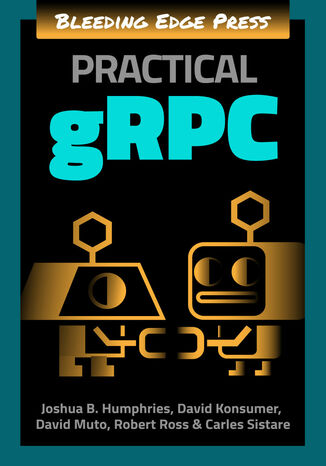



- Autorzy:
- Joshua B. Humphries, David Konsumer, David Muto, Robert Ross, Carles Sistare
- Wydawnictwo:
- Packt Publishing
- Ocena:
- Stron:
- 169
- Dostępne formaty:
-
PDFePub
Opis
książki
:
Practical gRPC. Build highly-connected systems with a framework that can run on any platform
Practical gRPC introduces you to gRPC and explains how it compares and contrasts with similar technologies. You’ll be introduced to key technologies such as Protocol Buffers, and work your way up from basic gRPC usage, all the way through to its more advanced capabilities. You’ll learn the best practices for defining and evolving your gRPC APIs, and discover how different tools can be leveraged to get the most out of gRPC and even extend it.
By the end of this book, you'll have all the information you need to get started building systems with gRPC.
Wybrane bestsellery
Packt Publishing - inne książki
Dzięki opcji "Druk na żądanie" do sprzedaży wracają tytuły Grupy Helion, które cieszyły sie dużym zainteresowaniem, a których nakład został wyprzedany.
Dla naszych Czytelników wydrukowaliśmy dodatkową pulę egzemplarzy w technice druku cyfrowego.
Co powinieneś wiedzieć o usłudze "Druk na żądanie":
- usługa obejmuje tylko widoczną poniżej listę tytułów, którą na bieżąco aktualizujemy;
- cena książki może być wyższa od początkowej ceny detalicznej, co jest spowodowane kosztami druku cyfrowego (wyższymi niż koszty tradycyjnego druku offsetowego). Obowiązująca cena jest zawsze podawana na stronie WWW książki;
- zawartość książki wraz z dodatkami (płyta CD, DVD) odpowiada jej pierwotnemu wydaniu i jest w pełni komplementarna;
- usługa nie obejmuje książek w kolorze.
Masz pytanie o konkretny tytuł? Napisz do nas: sklep@helion.pl
Książka drukowana






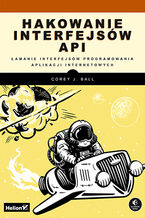
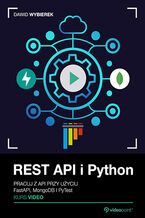
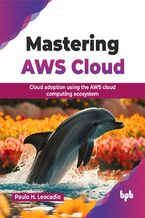

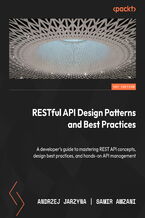
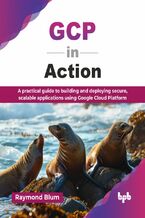
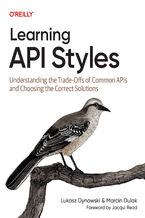






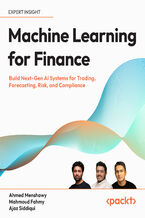
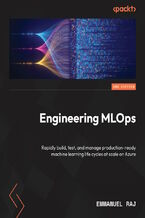

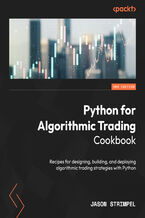
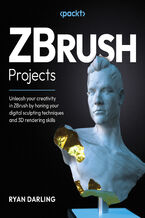
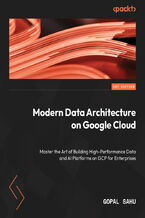
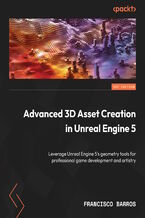
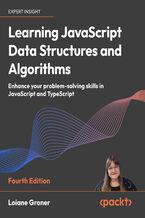
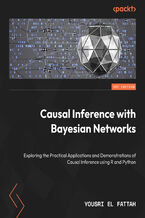
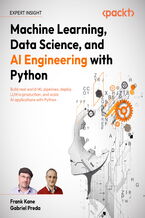



Oceny i opinie klientów: Practical gRPC. Build highly-connected systems with a framework that can run on any platform Joshua B. Humphries, David Konsumer, David Muto, Robert Ross, Carles Sistare
(0)